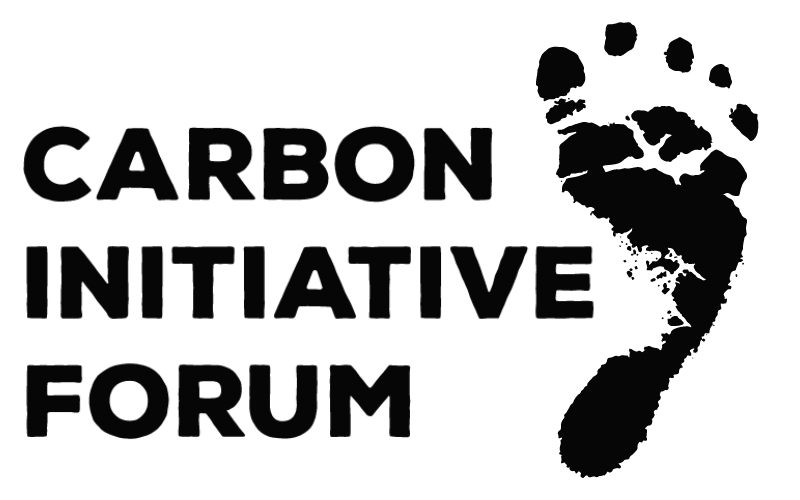
How can education contribute to awareness and action on climate change?
- contact842557
- Mar 16, 2021
- 3 min read
Updated: Apr 10, 2021
Written by Ankit Kaushik | Header Photo credit: siemens-stiftung.org
"We can create transformational action that will safeguard the living conditions for future generations." – Greta Thunberg Climate change is a topic unlike any other. While the prospect of human-induced world-wide destruction may sometimes seem too staggering to address, everyone has to contribute to halting it. This is the message of major schoolchildren led social movement that has risen in response to the inadequate actions of our politicians. The youth of this generation will be affected the most –or certainly longest– by climate change. How can one live comfortably by keeping the lives of future generations at stake? What are they going to do about climate change? Do they even know what it is and to what extent we have caused damage to their 'home'?
According to Unesco, "education is critical in helping populations understand and address the impacts of climate change, and in encouraging the changes in attitudes and behaviour needed to help them address the causes of climate change, adopt more sustainable lifestyles and develop skills that support different modules of economies, as well as to adapt to the impact of climate change". As part of its Global Action Programme on Education for Sustainable Development (ESD), Unesco promotes climate change education (ECC).
Education for sustainable development is an element of the fourth sustainable development goal on education. The 13th goal of climate action aspires to improve the quality of climate change education. The international community has acknowledged the significance of climate change education. In article 6 of the United Nations Framework Convention on Climate Change, the 197 parties commit to "the development and implementation of educational and public awareness programmes on climate change and its effects", on national and international levels. Similarly, the parties of the Paris Agreement commit to enhance climate change education in article 12.
But how do these commitments, acknowledgements and programmes translate into practice? Unesco has published guidelines on ways to promote "climate literacy". It is the responsibility of governments to merge climate change education into all degrees of education systems. This requires coordination, support and resources. Education experts can develop curricula and teaching methods. It should be included in teacher training so that the teachers acquire the necessary knowledge for climate change education. Climate change should be a common discourse in public spheres.
Education on global climate change is grounded in science – but it is also about behaviour and action. It is about the environment and economy, but also about equality and social organisation. It promotes future citizenship that is environmentally and socially responsible on a global scale. Whatever it will become in the future, climate change education has not yet been established as an independent subject anywhere. Where it exists, it is usually integrated within different school subjects and thought of as a part of the policies and practices on education for sustainable development. The level of policy adoption and implementation of the Global Action Programme on Education for Sustainable Development varies across countries. However, there are promising commitments and initiatives. The Global Education Monitoring Report 2016 found that of the 78 countries investigated, about three-quarters had included sustainable development in their curricula.
The Swedish 16-year old climate change activist Greta Thunberg has stated: "Some say I should be in school. But why should the youth be made to study for a future when nobody is doing enough to save that future? What is the point of learning facts when the most important facts given by the finest scientists are ignored by our politicians?" Climate change should be embedded in education systems because it affects our surroundings and social fabric and people reshape the ideas on how one should live one's life. Paradoxically it may have taken a global movement of children missing classes to alert us to this. Surely it is now high time to get the topic of tackling climate change back into the classroom.
Summary: Awareness of climate change and its impacts is not enough to move people to action. New research on how people's worldview affect their perceptions and actions could help policymakers and activists reframe the discussion around climate change mitigation.


Comments